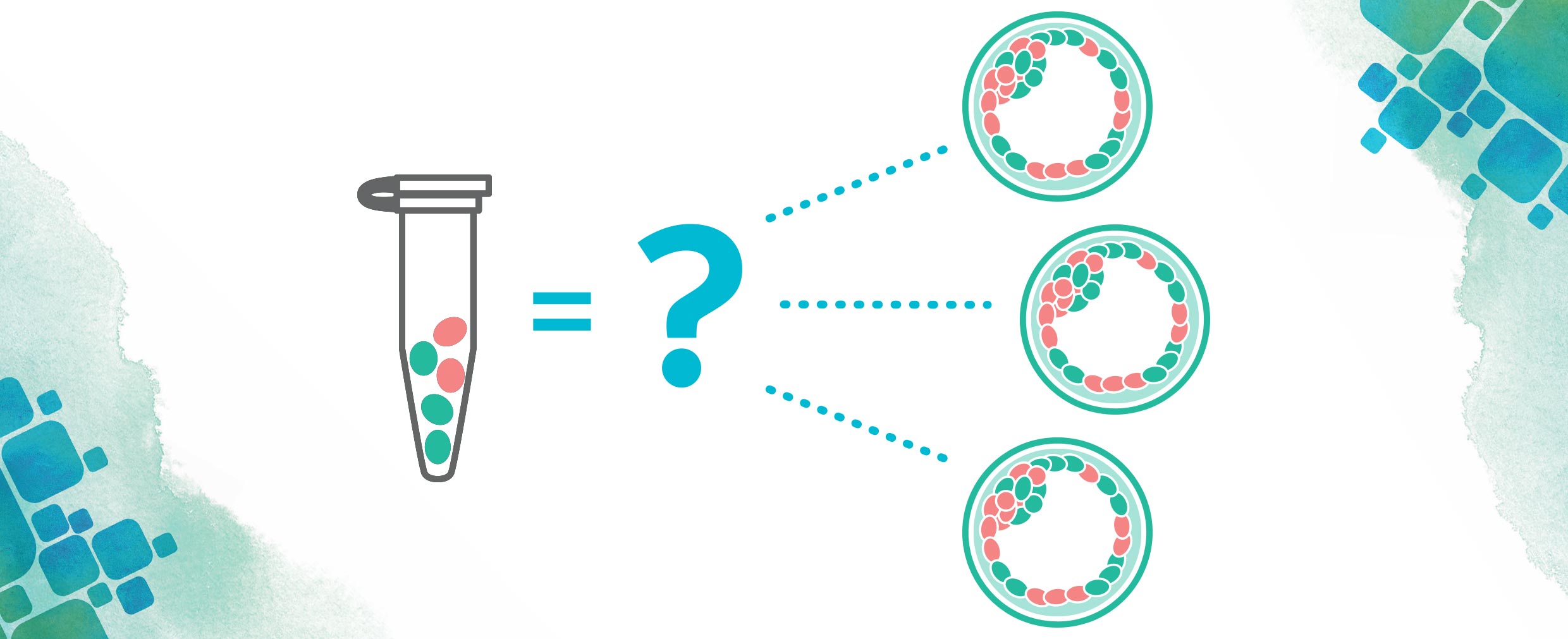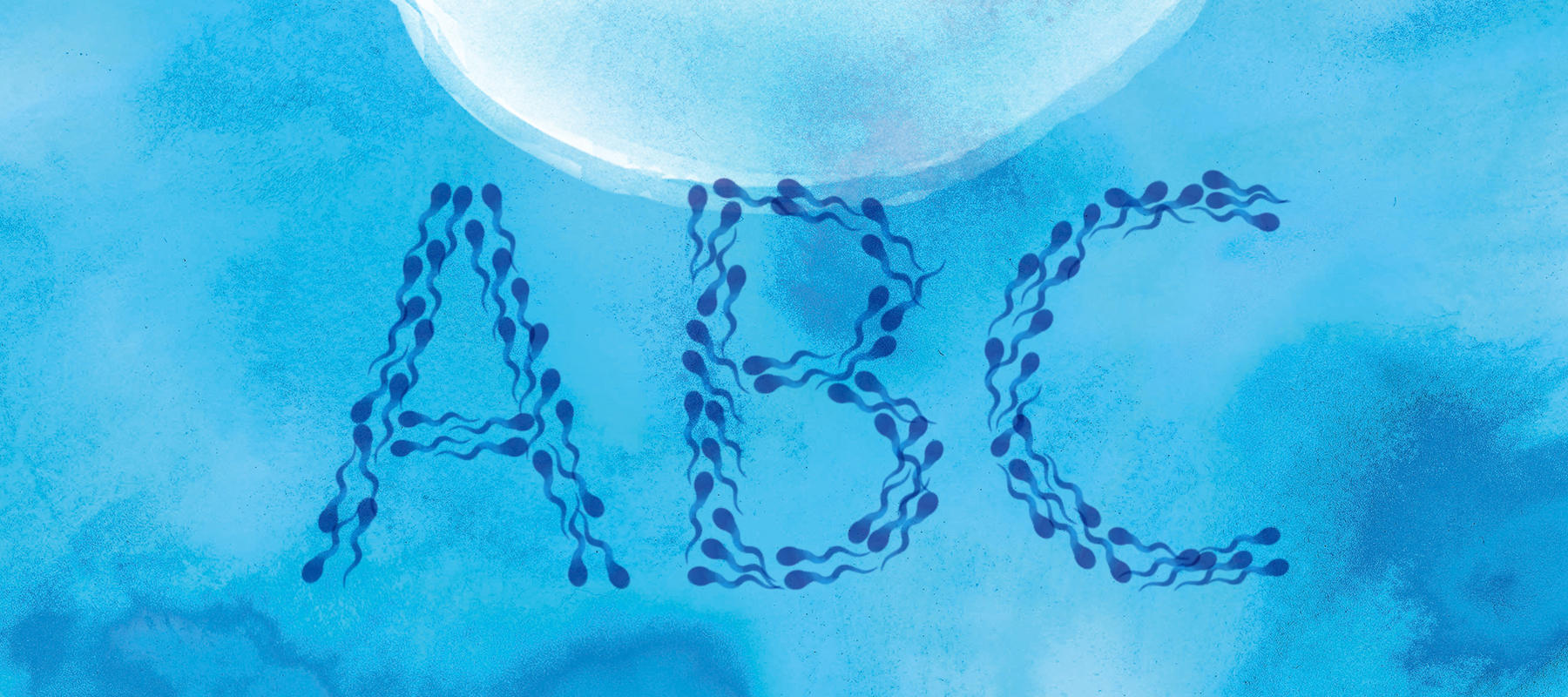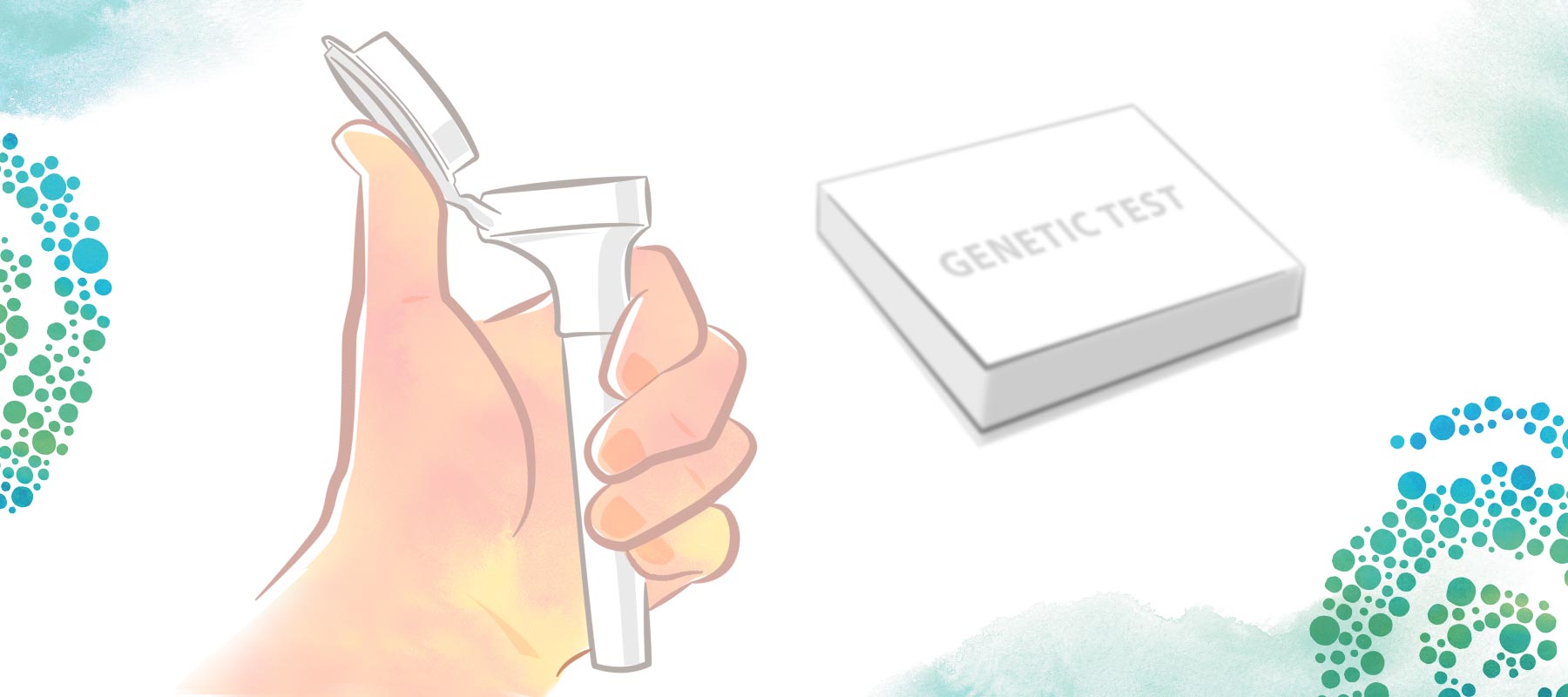In the last couple of years, egg freezing has become a hot topic of discussion (pun intended), and it’s not because of the popularity of Elsa or Anna from Disney’s Frozen.
Well-known companies have begun covering egg freezing as a benefit, and celebrities such as Olivia Munn, Sofia Vergara, and Maria Menounos have disclosed they have done it. Now there are some fertility centers dedicated solely to egg freezing, like this one that a former contestant from The Bachelor helped start. It has become so trendy, we can’t help but wonder if Sex & the City were still on the air, if one of their characters would have put their eggs on ice while sipping a cosmopolitan.
As women, we have all heard about the “biological clock,” and we know it’s ticking. Women are born with roughly two million eggs in their ovaries, and that number decreases with age. Unlike skin cells, eggs do not regenerate, and they will eventually run out. It’s like a gift card that instead of money, has eggs, but you can never reload it.
One of the main factors behind the rise of egg freezing is the growing trend of women waiting until later in life to start a family. According to a study by National Center for Health Statistics, in 2012 there were more than nine times as many first births to women 35 and older than there were 40 years ago.
Women have a limited amount of eggs, known as their “ovarian reserve.” When you consider that the amount of eggs you have decreases with age, and that more women are having children later in life; the option of egg freezing makes sense. But what does it actually entail? Egg freezing is exactly what it sounds like. Eggs are retrieved from your ovaries, frozen, and then stored until you’re ready to use them. Freezing your eggs does not mean that you will absolutely have to use them to conceive. It’s entirely possible that you’ll meet someone, fall madly in love, get married (or not), and conceive on your own. Freezing your eggs is just a backup plan that may help give you some peace of mind and dull that ticking sound of the biological clock.
“How exactly are my eggs frozen?” you may ask. No doubt some of you have visions of putting your eggs next to a container of Ben & Jerry’s, but it’s a little more technical than that. Your eggs are frozen through a fancy process called, “vitrification.” Vitrification instantly freezes your eggs at the age you were at the time you went through this process. Think Han Solo in the movie Empire Strikes Back. He was instantly frozen and, although that was a sci-fi movie, it is actually possible to do the same thing with your eggs. If you freeze your eggs at age 30, no matter how old you are when or if you use them, those eggs will still be 30 years old.
To decide if egg freezing is right for you or, at the very least, if you want to see how fertile you are, your first step would be to go to your OB/GYN or a reproductive endocrinologist to get a fertility work-up. This includes a physical exam and blood work to look at your reproductive hormone levels. These three hormones can provide an overview into how regularly you ovulate, your egg supply, and your egg quality. An ultrasound will also be included to make sure you do not have any cysts, polyps, or any detectable anatomical issues. They will also see how many “follicles” you have on your ovaries. Each follicle contains an egg, so the amount of follicles is another indicator of how many eggs you have.
Once your doctor determines your ovarian reserve, if you decide you’d like to freeze your eggs, he or she will discuss the treatment protocol that will maximize the number of healthy eggs retrieved. Though egg freezing never guarantees a child in the future, the recommendation is that you should have at least 20 eggs frozen for one live birth. This may require multiple cycles, depending on the number of eggs you decide you would like to freeze.
The decision to pursue egg freezing is personal and comes with medical, professional, and financial considerations. However, whether you want to freeze your eggs or not, it may still be worth considering having a fertility work-up. Knowing your ovarian reserve as well as your options can help you make informed decisions about planning a family.
And if you do decide to freeze your eggs, when you watch Frozen with your kids years from now, you can sing, “The cold never bothered me anyway” with a whole new level of understanding!






